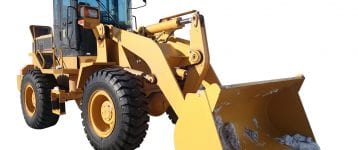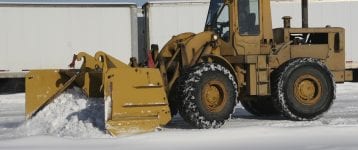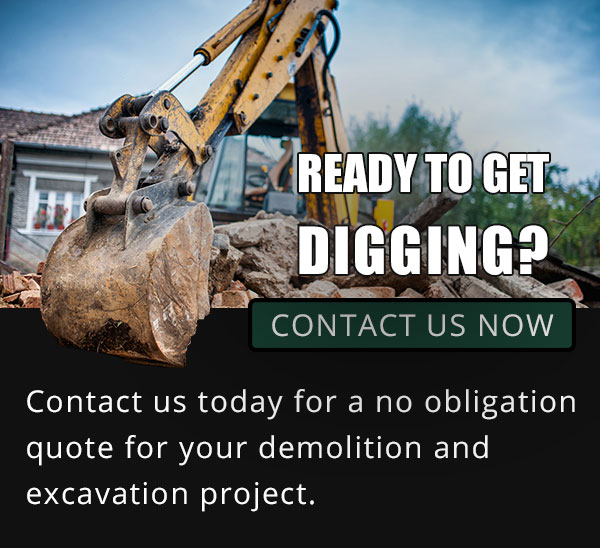Clearing snow and ice is a heavy job that requires more than just bulldozing the problem. Learn more about how the best professionals handle the situation.
It may surprise our readers to know that there’s a non-profit trade association with a focus on training, events, and best practices related to snow plowing, ice handling, and business management. They’re called the Snow and Ice Management Association (SIMA) and they have some best practices they’d like companies to follow.
The most experienced snow removal contractors will view SIMA’s good advice as professional common sense, but not everyone you may think about hiring cares about doing the best possible job. Their inexperience could make them clueless or, worse, negligent.
It’s important for commercial property owners to understand the right way to handle snow and ice. When you do, you can use that knowledge to make an informed decision on which firm to hire.
Highlights of the SIMA guidelines
The SIMA checklist is formed from opinions of industry professionals, equipment suppliers, and subject matter experts. The guidelines benefit not only from such varied input but also from the fact that they’re constantly evolving to offer the most current professional guidance.
Some best practices will always remain unchanged, such as the responsible handling of deicing materials. This includes materials like rock salt (also called sodium chloride), sand, and calcium or potassium chloride, which may be deployed to weaken heavy snow loads. These work their way down through the snow to reach the pavement. Once there, they break the bond between the snow and the ground.
Deicers are fine if used responsibly. If not, they can pose a pollution threat at every stage of the usage cycle, from procurement and storage to transportation and deployment. This damage ranges from paving abrasion, which causes accidents, to poisoning community water sources and the wider ecosystem.
The importance of transparent estimates and planning
SIMA guidelines emphasize the importance of open communication between customers and snow removal contractors. This starts with a thorough investigation of the site and an honest quote on what removal services will cost. From there, the contractor must be available to answer any customer questions on pricing or procedure, even after the job is complete.
SIMA also recommends a 52-week preparatory timeline allowing businesses to get ready for the worst of winter well in advance. Customers requiring that level of insight and foresight should look for a team that’s experienced and well-trained in the planning and hazards that come with snow removal. If a contractor has insurance, that’s a good sign they’re the kind of company that thinks ahead.
Does your contractor know the best place to redirect snow? Customers might think it’s a simple matter of shifting the snow from an unwanted area to anywhere else, but contractors who operate with SIMA-sense understand the many areas of commercial space are not suited for snow deposition. Snow can’t just be dumped elsewhere.
The accessibility of areas like handicapped access points must be preserved as per Department of Justice guidelines. Foresight comes into play again when a contractor considers things like line-of-sight issues and thaw/refreeze hazards, both of which can cause driving/parking accidents, slips and falls, and dangerous thermal contraction cycles.
Snow falls fast, contractors must work faster
Nobody wants to hang around and be slowly buried under snow, but did you know there may be a time limit on businesses to start shoveling? New Jersey municipal safety codes may require commercial properties to clear the way within 12 hours of snowfall while others demand removal in as little as 4 hours. This begs the question: How fast can your contractor get there?
The speed of service separates the best firms from the rest. Customers save themselves a world of problems when they find a contractor who can respond quickly to an emergency. The violation fees may be relatively low, but if a customer, pedestrian, or other visitor proves snow on your commercial property caused them an injury, the resulting lawsuit can be much more expensive.
The above points summarize the SIMA recommendations. Here is the complete checklist for New Jersey business owners to review before hiring a snow removal contractor.
Mikula sets the standard
We’re a family-owned and operated, fully insured New Jersey contractor with over 70 years of experience in cleaning up our community. We provide commercial snow removal services that safely manage even the heaviest snowfalls. We’re fully aware that New Jersey can drop a storm at a moment’s notice, which is why we’re here for emergencies or ongoing snow management.
Our firm has stayed in business so long because we use our experience and state-of-the-art equipment to get the job done so your business can continue to do the same. Our OSHA-safety training and qualification as New Jersey Department of Environmental Protection Certified Closure Contractors mean we care for our team and the environment as much as we do about our clients.
Connect with us today for a no-obligation quote and don’t let heavy snow shut your profits down for the season.
Mikula Contracting, Inc. provides commercial and residential customers with a wide range of excavation, demolition, environmental, snow removal, trucking, and soil materials services. For more information, call 973-772-1684 or email or email info@mikulainc.com.



